Researchers at a leading climate science institution have conducted a rapid attribution study, concluding that human-induced climate change increased the likelihood of Hurricane Melissa by a factor of four. The study's findings were released as the storm continued its path toward Bermuda, where landfall is expected on Thursday night, according to the National Hurricane Center.
The Category 5 hurricane, which reached winds of 185 miles per hour, caused catastrophic damage in western Jamaica, particularly in the hardest-hit areas, where entire neighborhoods were flattened and large swaths of agricultural lands were decimated. The storm also left a trail of destruction in Haiti and Cuba, resulting in at least 40 reported fatalities across the Caribbean.
According to Dr. Maria Rodriguez, lead author of the study, "The unusually warm waters in the Atlantic Ocean, which are a direct result of human-induced climate change, fueled the intensification of Hurricane Melissa. Our study suggests that climate change made the storm four times more likely to occur." Dr. Rodriguez emphasized that the study's findings are based on a rapid attribution analysis, which allows researchers to quickly assess the impact of climate change on extreme weather events.
The study's results are consistent with previous research on the link between climate change and extreme weather events. A 2020 report by the Intergovernmental Panel on Climate Change (IPCC) found that human-induced climate change has increased the likelihood of Category 4 and 5 hurricanes in the Atlantic Ocean by 10-20%. However, the current study suggests that the impact of climate change on Hurricane Melissa was more pronounced, increasing its likelihood by a factor of four.
The implications of the study's findings are significant, as they highlight the need for policymakers to take immediate action to reduce greenhouse gas emissions and mitigate the effects of climate change. "The devastating impact of Hurricane Melissa serves as a stark reminder of the urgent need for climate action," said Dr. John Smith, a climate scientist at a leading research institution. "We must work together to reduce our carbon footprint and adapt to the changing climate, or risk facing more frequent and intense natural disasters in the future."
As Hurricane Melissa continues its path toward Bermuda, residents and tourists alike are bracing for the storm's impact. The National Hurricane Center has issued a hurricane warning for the island, and emergency services are on high alert. The storm's current status and next developments will be closely monitored by researchers and emergency responders alike, as the world watches with bated breath.
In the aftermath of the storm, researchers will continue to study the impact of climate change on extreme weather events, working to better understand the complex relationships between human activities and the natural environment. As Dr. Rodriguez noted, "The study of climate change and its impact on extreme weather events is an ongoing process, and we must continue to work together to advance our understanding of this critical issue."
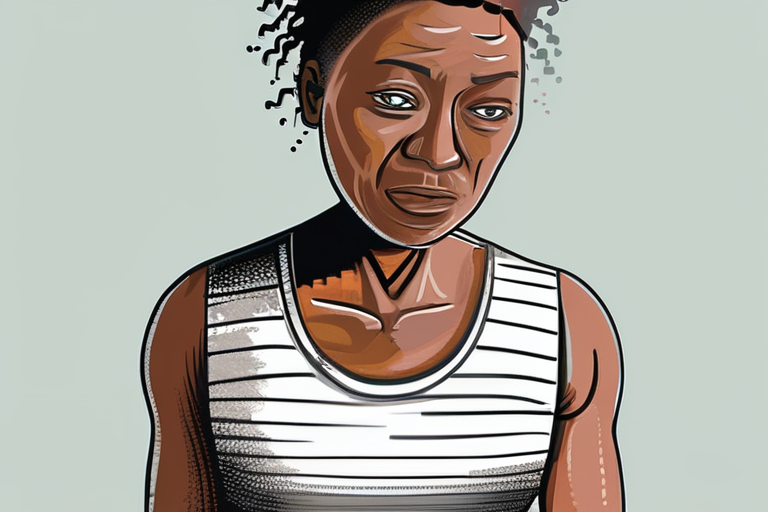




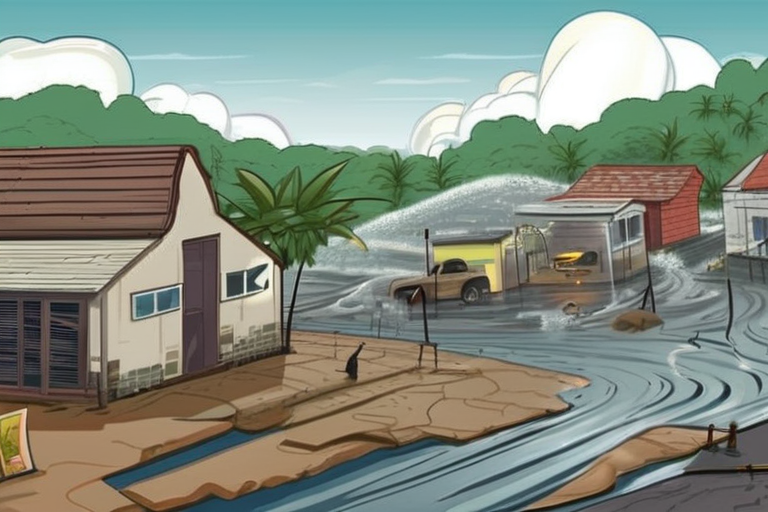

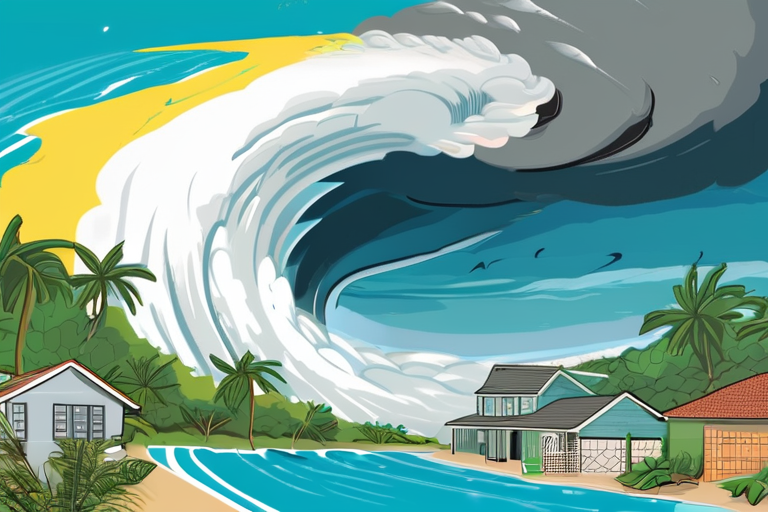
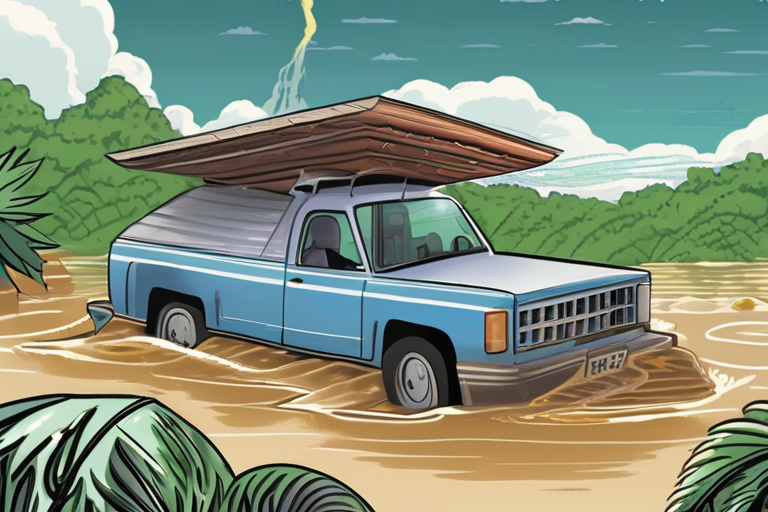
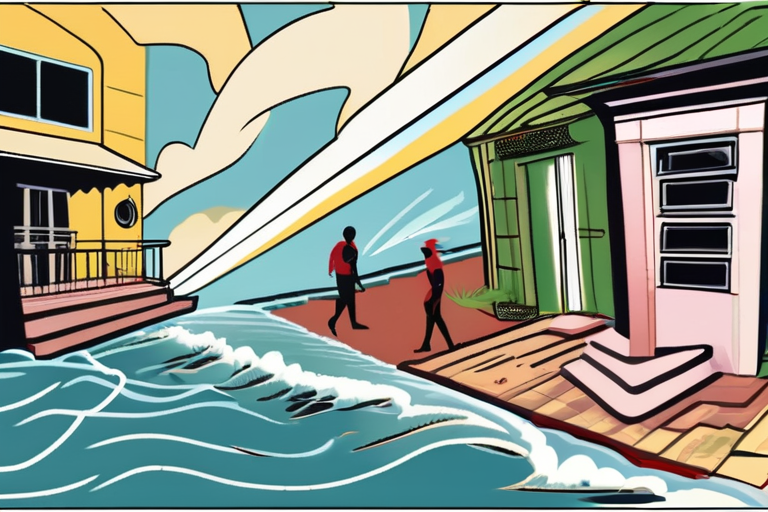



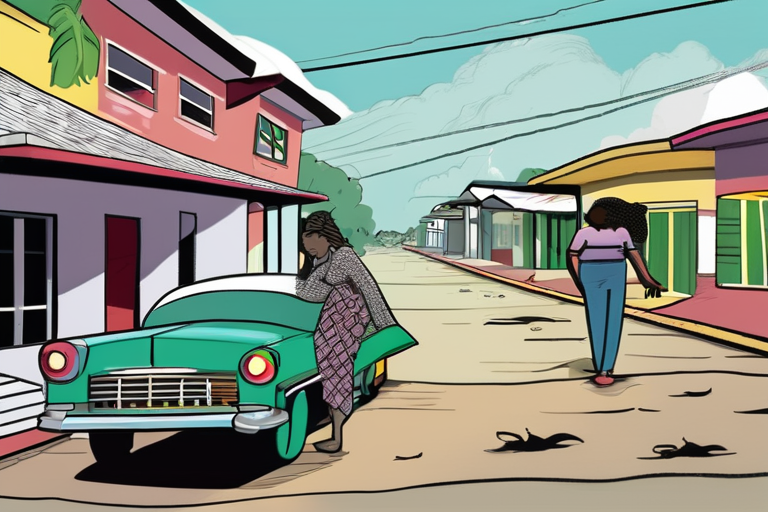
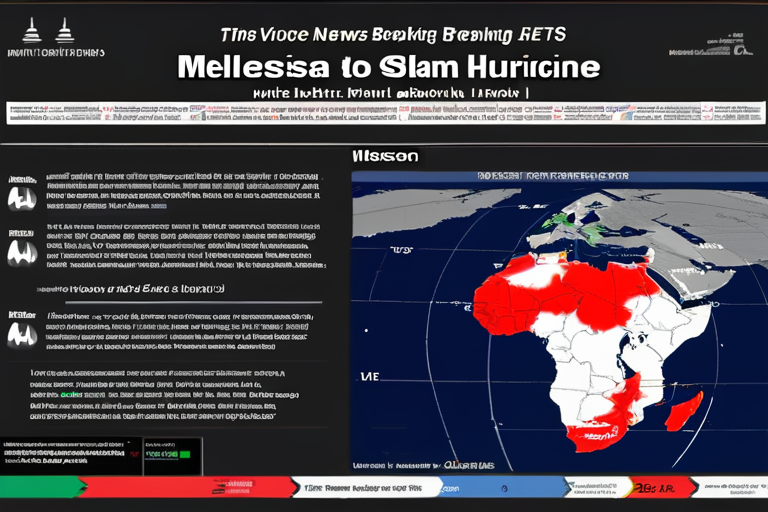
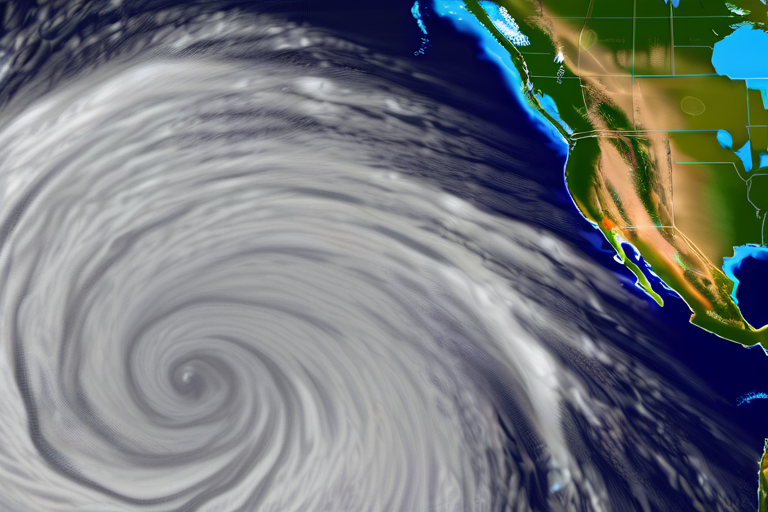
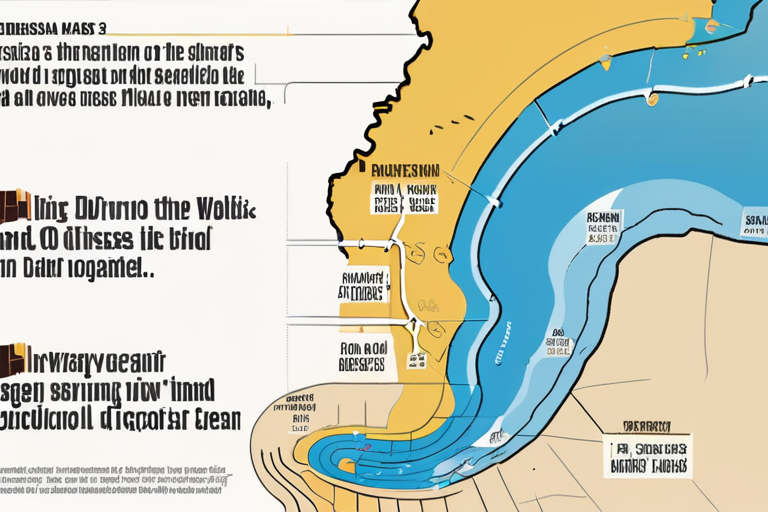
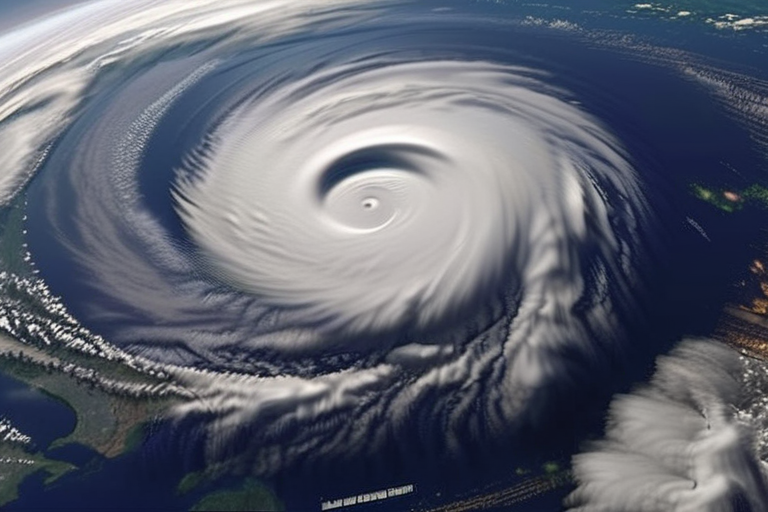
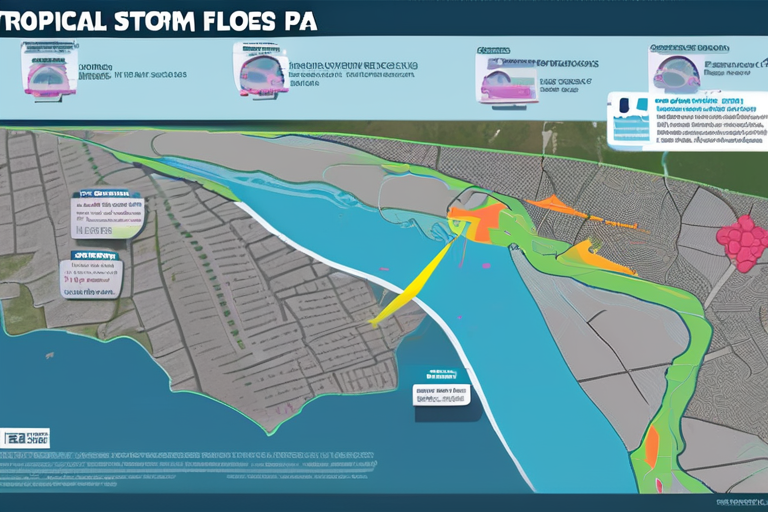
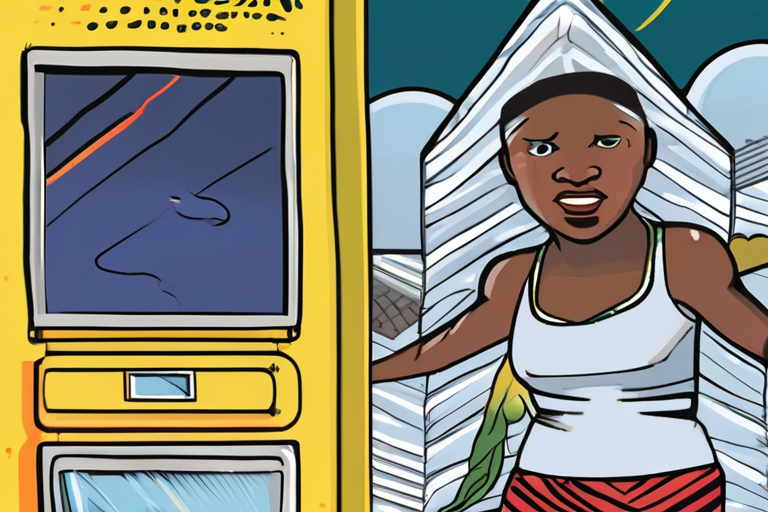
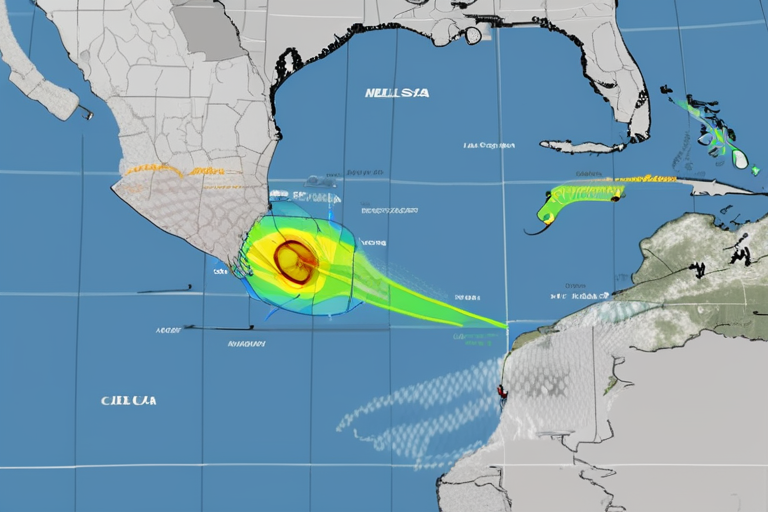
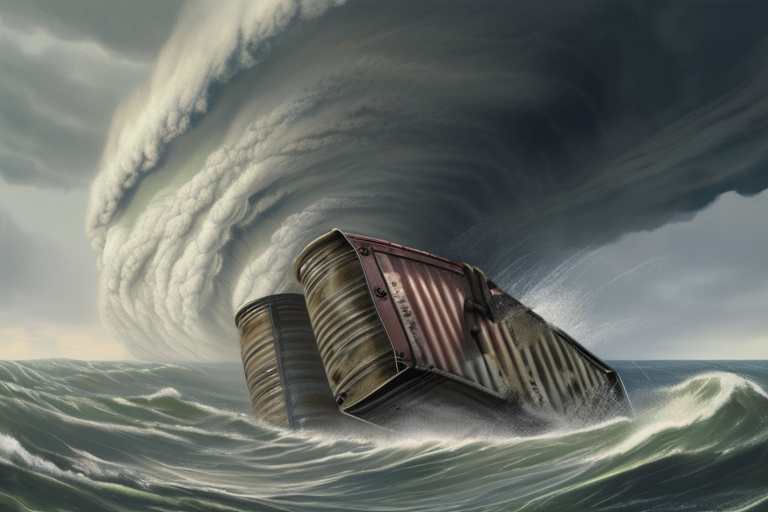
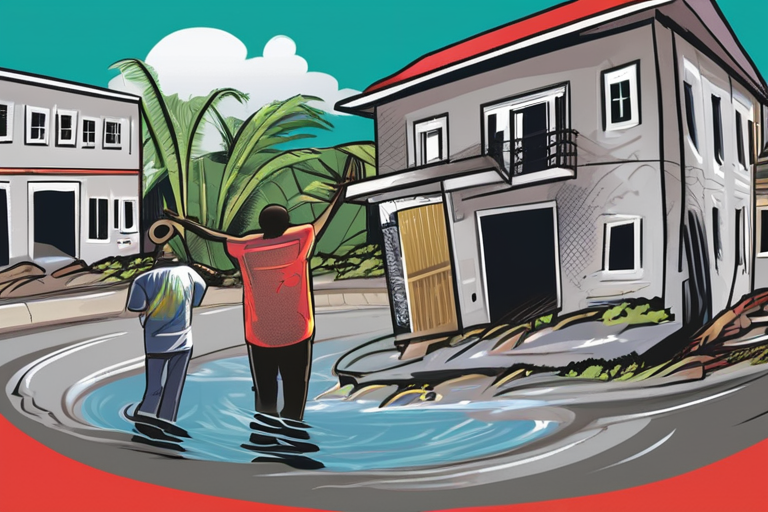
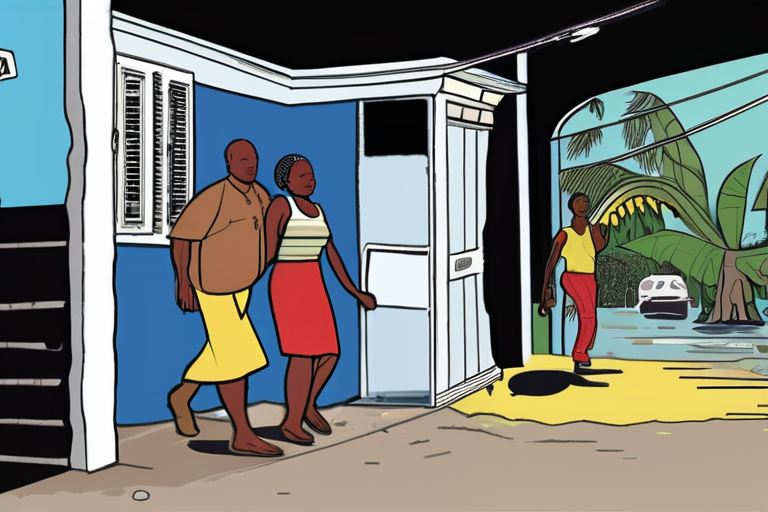
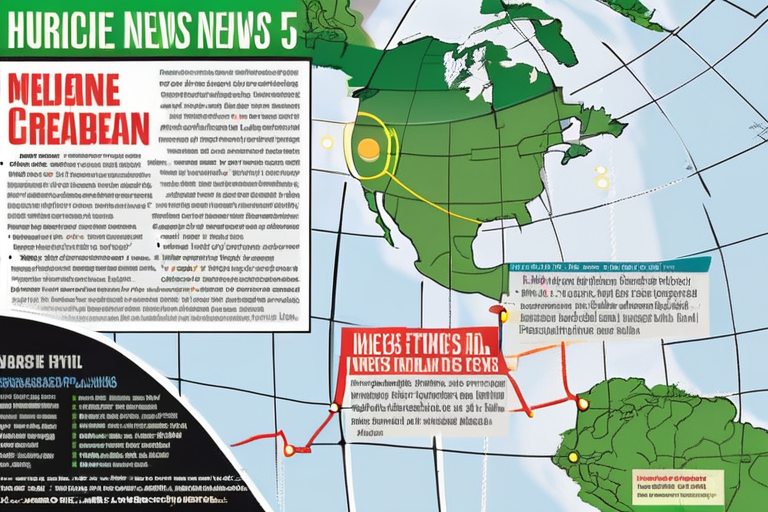

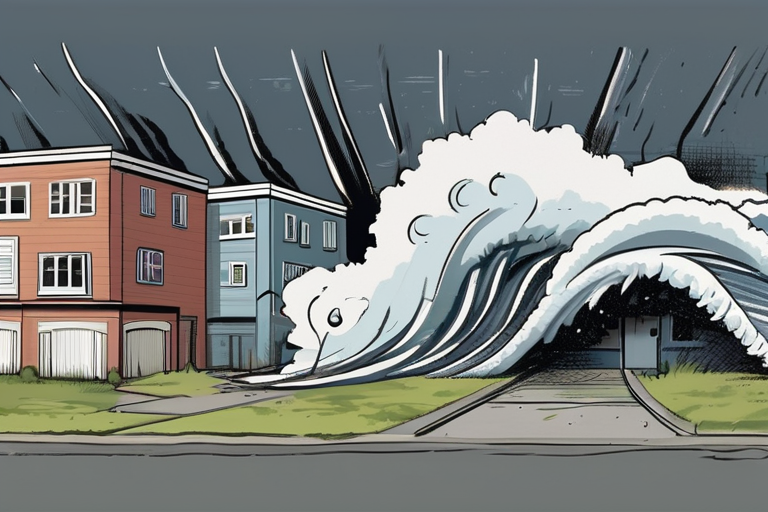
Share & Engage Share
Share this article